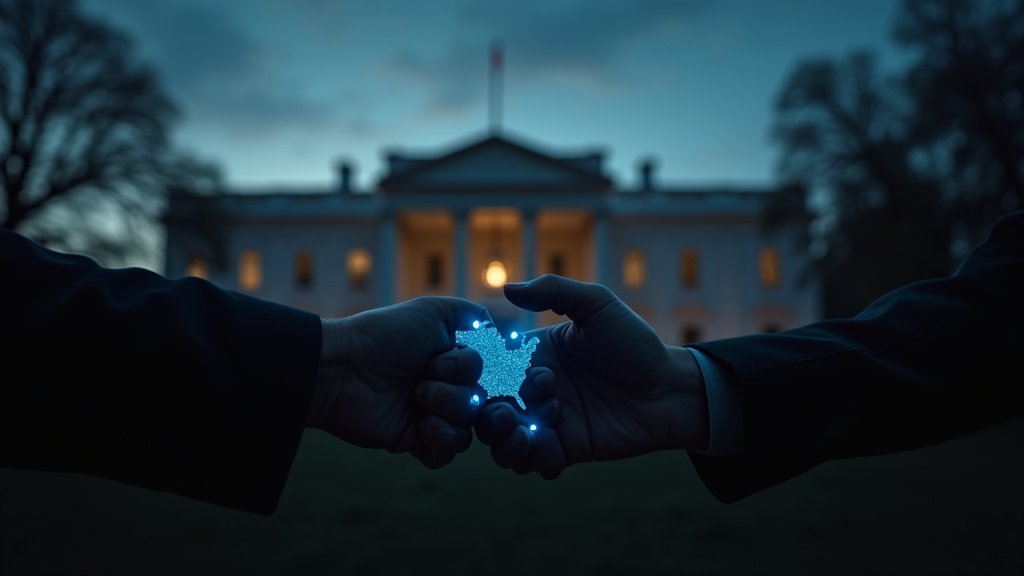Washington D.C. – The U.S. Justice Department on April 1, 2025, announced a significant escalation of federal resources aimed at tackling the persistently high rates of unsolved violent crimes in American Indian and Alaska Native communities. The Federal Bureau of Investigation (FBI) will deploy a surge of 60 personnel, including a mix of agents, analysts, and support staff, to field offices across 10 states over the next six months.
This initiative, operating under the banner of Operation Not Forgotten, represents the longest and most intense national deployment of FBI resources specifically dedicated to addressing crime within Indian Country to date. The primary focus of the surge will be the investigation of cold cases involving violent crimes, including the critical and widespread issue of missing and murdered indigenous persons.
Operation Not Forgotten: Scope and Deployment
The temporary duty assignments for the deployed personnel began immediately upon the announcement. These personnel will rotate every 90 days to maintain a consistent, enhanced presence. The 10 FBI field offices receiving the surge resources are strategically located to cover significant portions of Indian Country across the United States: Albuquerque, Phoenix, Denver, Detroit, Minneapolis, Oklahoma City, Seattle, Salt Lake City, Portland, Oregon, and Jackson, Mississippi.
The deployment underscores a renewed federal commitment to addressing the complex and often challenging landscape of law enforcement within tribal jurisdictions, which frequently involves intricate legal frameworks and resource disparities.
Addressing Unacceptably High Crime Rates
U.S. Attorney General Pamela Bondi commented on the critical need for this intensified effort. She stated that crime rates in American Indian and Alaska Native communities are “unacceptably high” and emphasized that the surge is designed to “deliver accountability.”
This accountability, Attorney General Bondi noted, will be sought through enhanced collaboration between the deployed FBI personnel, U.S. Attorneys operating within affected districts, and Tribal law enforcement agencies. This collaborative approach is seen as essential for navigating jurisdictional complexities and building trust within communities disproportionately affected by violence.
Further enhancing inter-agency cooperation, the FBI personnel involved in the surge will work closely with the Bureau of Indian Affairs Missing and Murdered Unit. This partnership aims to streamline investigations, improve information sharing, and better coordinate efforts to locate missing individuals and bring perpetrators of violence to justice.
The Scale of the Problem
The need for such a significant federal intervention is starkly illustrated by the existing caseload within the FBI’s Indian Country program. As of early Fiscal Year 2025, the program had approximately 4,300 open investigations across Indian Country.
These investigations cover a wide spectrum of serious crimes, including over 900 death investigations, 1,000 child abuse investigations, and more than 500 investigations into domestic violence and adult sexual abuse. The surge is intended to provide crucial resources to advance these and other cold or complex violent crime cases.
Historical Context and Renewed Focus
Operation Not Forgotten is not an entirely new initiative but represents a significant renewal and intensification of efforts previously undertaken. The operation specifically renews efforts initiated during President Trump’s first term.
Those earlier efforts were formalized under Executive Order 13898, titled “Establishing the Task Force on Missing and Murdered American Indians and Alaska Natives.” The current surge builds upon the foundation laid by that task force, aiming for more direct investigative action on the ground.
FBI Director Kash Patel underscored the operational goals of the surge. He emphasized that Operation Not Forgotten is designed to ensure a critical increase in resources dedicated to two primary objectives: locating violent offenders operating on tribal lands and finding individuals who have gone missing from these communities.
This large-scale, multi-state deployment signals a determined federal push to bring resolution to long-unsolved cases and provide a measure of justice and safety to communities that have long grappled with the devastating impact of violent crime and the crisis of missing and murdered indigenous persons.













